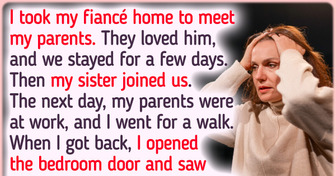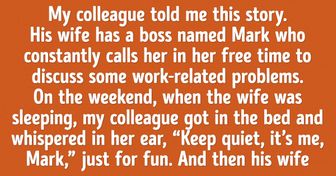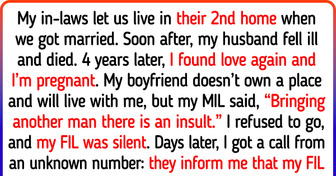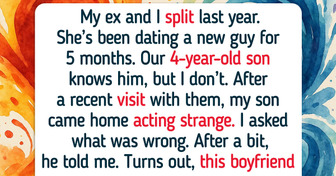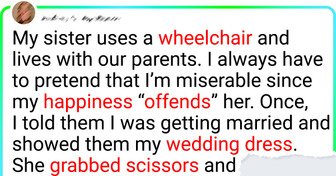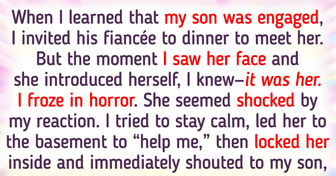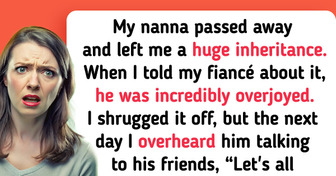15 Family Secrets That Could Top Google Searches
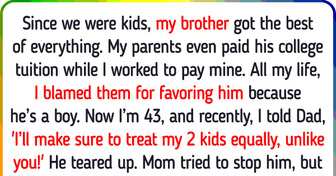
Every parent wants their child to be happy and protected and worries if that’s so. When kids are outside the home, parents are practically blinded. Programs regulating conflicts in schools can give parents some peace of mind since they’re effective at minimizing them. However, these measures can only go so far.
Fortunately, moms and dads do have the means to prevent their children from having problems with other kids at school. And the very first step is recognizing it.
We at Bright Side want to help your child to be protected and confident at all times. We’ve rounded up some of the most common signs that your child has issues with classmates, as well as ways you can help avoid it.
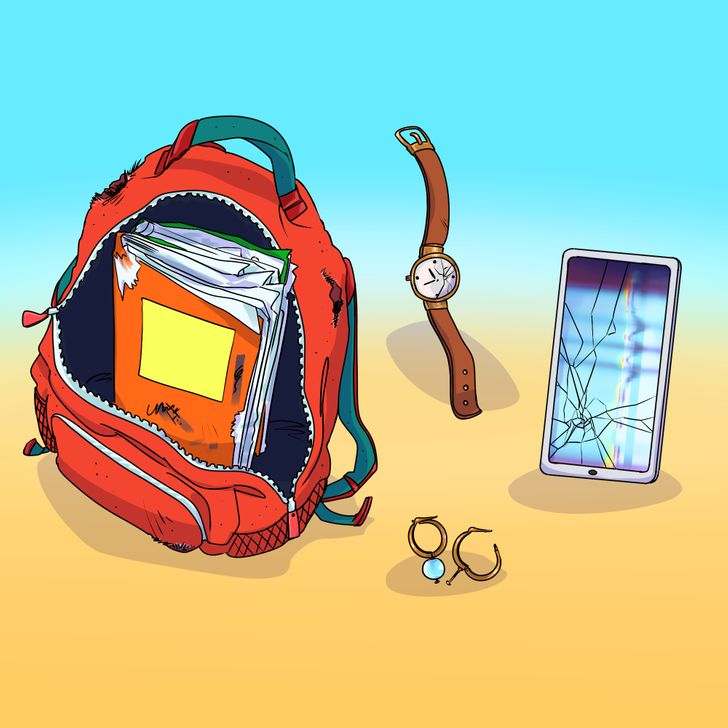
Surveys show that about 29% of those who are oppressed by their peers are hurt physically. Be on the lookout for your child’s things. See if they have missing or destroyed belongings, like books, gadgets, clothing, or jewelry. It could be a sign of other kids taking their things from them or hurting them.

Physical and emotional trauma causes kids to start questioning their self-worth. They feel like they are on the receiving end of these actions for almost no reason at all. As a result, their self-esteem starts to drop. They keep their head down when walking or they speak in a very soft voice. They won’t talk when not directly addressed or might completely avoid such situations.
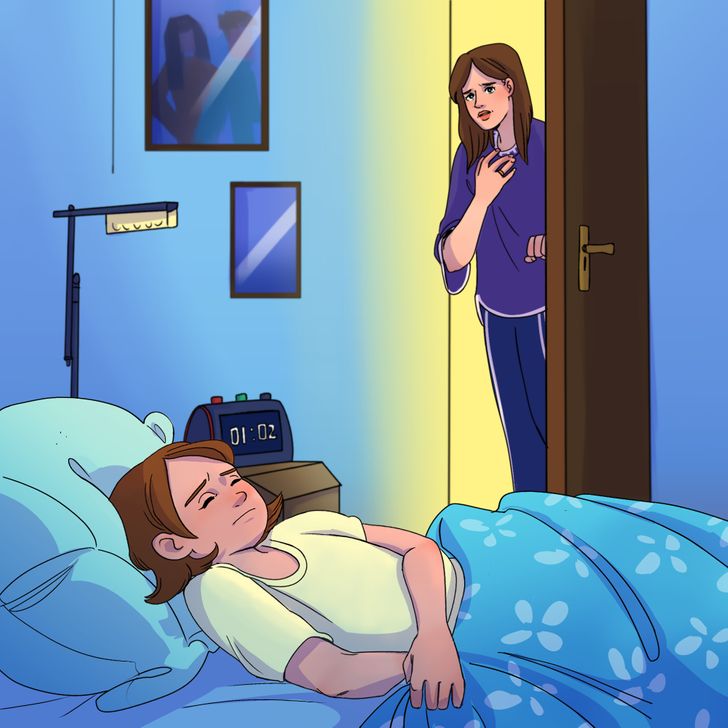
When your kids suddenly have difficulty sleeping or frequent nightmares, it could be a sign of being on edge about a situation at school. Research shows that being on the receiving end of physical and emotional damage may have a direct impact on a child’s sleep quality. Try keeping tabs on your kids at night as much as you can.

You may notice your child opting to stay at home rather than go meet friends. It could be signs of growth or fear. They could be wanting to avoid problematic classmates. Dropping out of school may not be an option for them, so they stay home for longer instead.
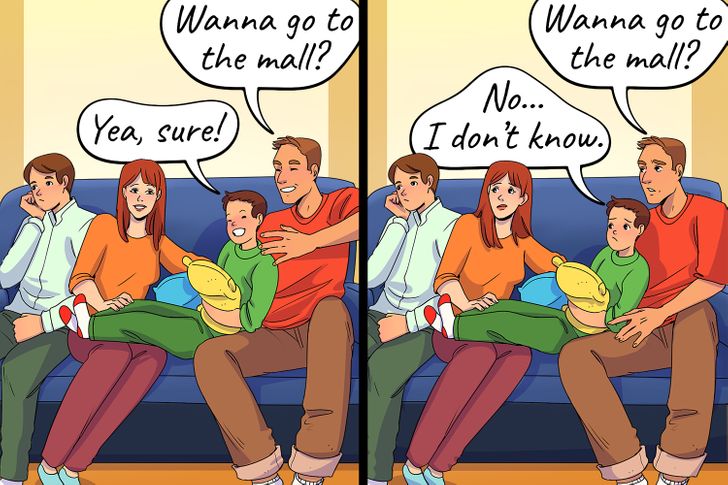
19% of students who have problematic classmates report a strain on their relationship with family members. Your child may be in the same room as you, but they might not contribute to the conversation at all. Or they could begin spending more time in their room. This is dangerous, especially when the child didn’t previously have issues interacting with family.

Being belittled by their peers can cause problems with a child’s emotional health. They may begin to exhibit changes in how they handle their feelings. If they are oppressed, chances are they will deliberately do the wrong things. If their wrongdoers can do it, why can’t they? They start taking their aggression out on siblings or even their parents. This could be an attempt to feel like they’re in control.

Negative influences can come in different forms. It can be physical, verbal, social, or virtual. Highly aggressive kids may pressure their classmates to start giving them more. As a result of that intimidation, kids might start asking their parents for more items or more money than they’d normally need.
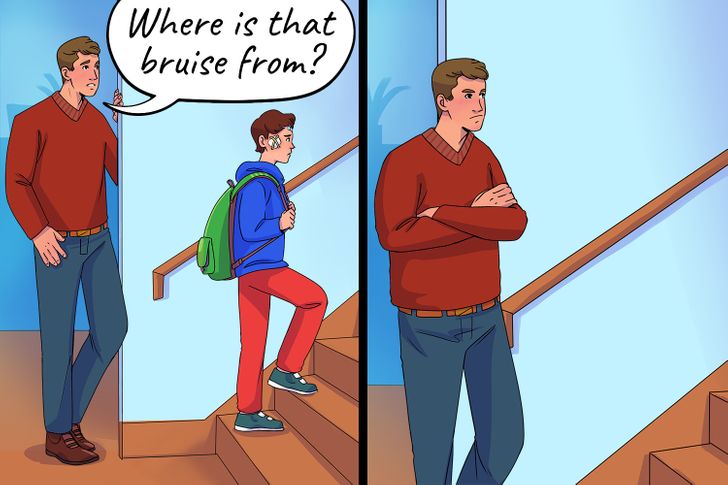
Some kids can become pushing and forceful. If your child suddenly has unusual blemishes on their skin, it could be a sign that they are being physically confronted by other kids. If they’re unable to explain where they got the marks, it can be grounds for worry.
There are 4 ways you can lower the risk of your child being harassed.
What do you think is the best way to address this kind of situations?

